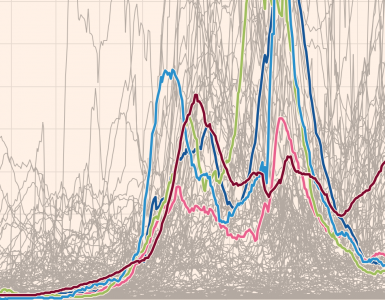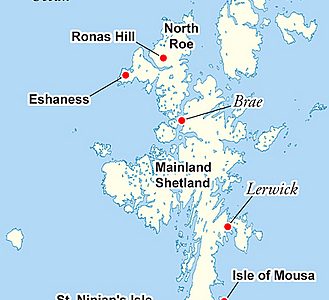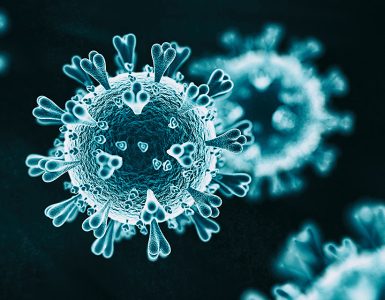I’ve been a bit remiss in keeping you up to date with the latest episodes of The Corona Diaries that go out on IndyLive Radio each week.
I recorded episode 13 this week. Fingers crossed it’s not jinxed…..
You can catch up with all episodes on Soundcloud here, including this week’s Pt13:
I wrote Episode 13 after Glasgow went into a more stringent set of Covid restrictions….though now I think the rest of Scotland has followed suit. It was also written after the ruckus with the BBC over their decision to stop live broadcasting of the ScotGov daily covid updates. But then nearly 60,000 people signed the petition calling on them to reverse that decision and a lot of those people also wrote in to complaint to BBC. I did. Twice. My second letter of complaint came to over 7000 characters which was too long for their allowance of 2000 characters. So I had to cut it down to this:
Dear BBC:
During public health emergencies, WHO Guidelines advise that people need accurate information, provided early, often, and in channels people understand, trust and use, to make choices that can protect them from health hazards threatening their lives and well-being. WHO have praised ScotGov’s handing of the coronavirus pandemic.
Clear and repeated messaging is of the utmost importance in communicating public health info. By limiting live broadcasts you are decreasing the opportunities available to the Scottish public to have early, frequent and clear messaging about what they need to do in the current pandemic.
You are restricting access to info for those who don’t have ready access to internet. This will disproportionately effect the less well off, the elderly, and those with hearing difficulties who depend on the signing provided in the updates.
Specifically:
How do you define “news value” and “editorial merit” for public health info in the context of the need a global pandemic?
Who will make editorial decisions & what qualifications do they have for making them?
How will they know in advance of a live broadcast what might arise in it that will be of merit? You can’t know in advance what questions will be asked and therefore you can’t know in advance what comments and information may emerge.
You say you wish to achieve a consistent approach to coverage across the UK nations. There is no consistent approach to government messaging across the four UK Governments. England has abandoned regular live updates. Since your own Charter instructs you to “meet the needs of the United Kingdom’s nations, regions and communities” please explain how looking for consistency is a possibility at all? Far less a fair and equable result for Scotland as one the UK four nations?
How do you interpret your obligations under the BBC Charter in the context of the WHO Guidelines for good practice in public health communication in an emergency?




